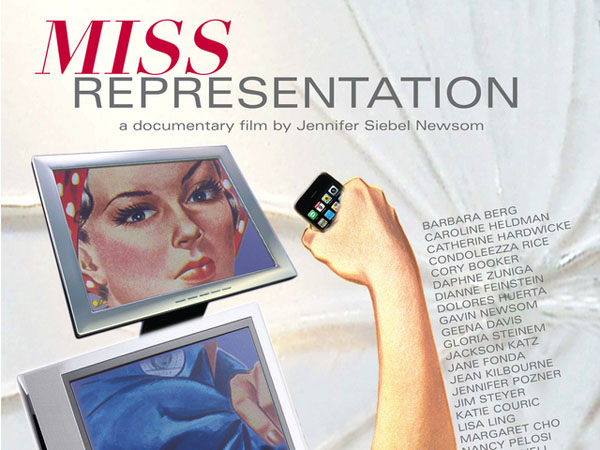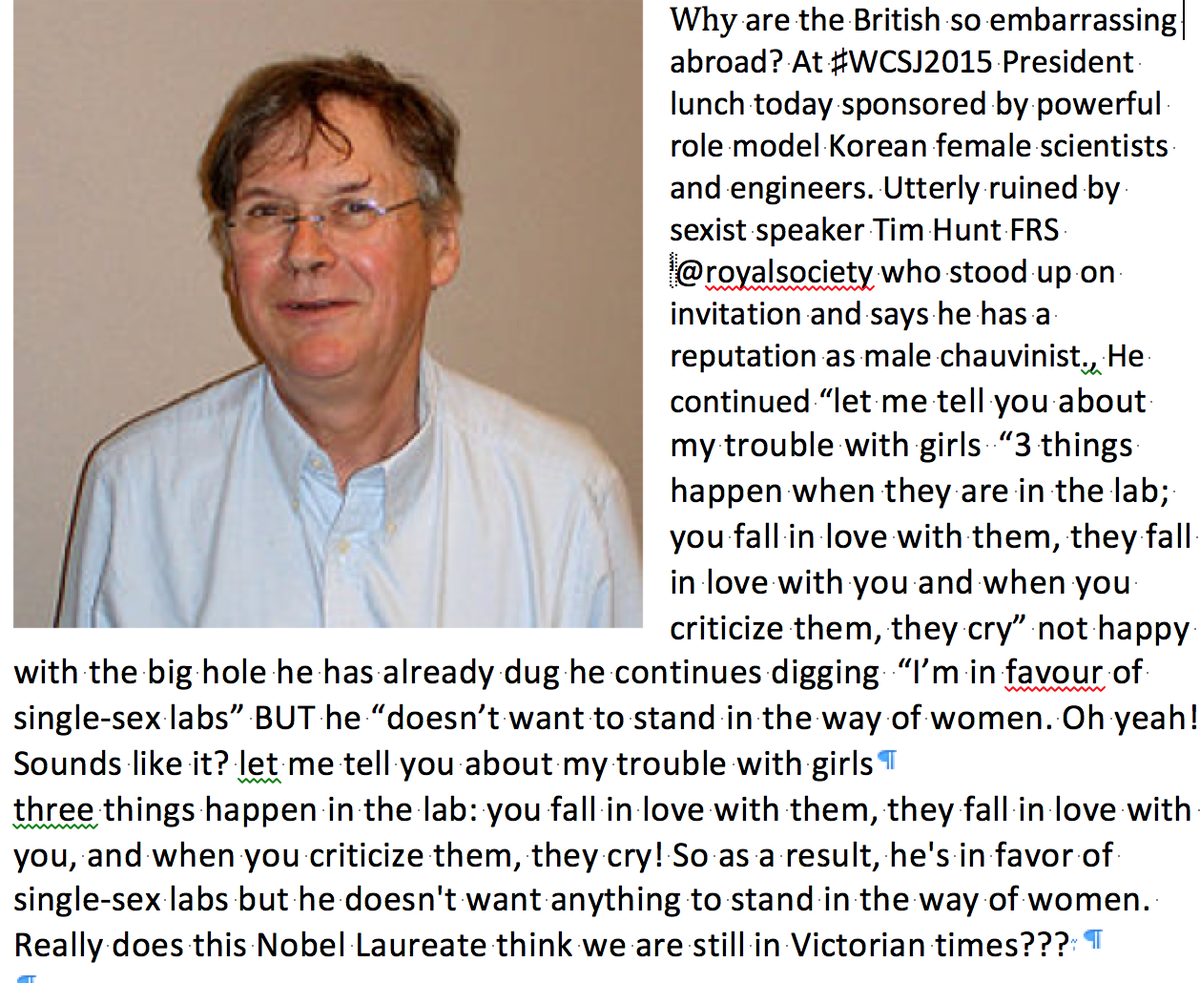I am enamored with Netflix. I am still stuck in my infatuation phase with Netflix and have sadly I have reverted to a teenager (OMG I can watch Netflix whenever I want to!). The existence of Netflix is far more exiting than when my parents bought that Betamax player (may they rest in peace). When I am exhausted, my guilty pleasure is cuddling up with my iPad and – you guessed it – Netflix. I started, however, feeling very guilty about watching things that were diverting (and clearly set in the 18th or 19th centuries). I have now opted for things that both are improving and diverting. Documentaries! which I love but have an added bonus of making me feel like I have a more adult relationship with streaming video joy.
So just in case you are in need of diversion which can make you feel less guilty about your Netflix addiction, and you want an opinion – here is my brief review of the top 3 Documentaries I have watched in the last 3 months.

This is a great film about the focus on females being there ‘to be looked at’ rather than to add anything intellectual in films and the media. This documentary shows how even with even female politicians, the media (and we) focus much more on what they are wearing and their appearance than what they have to say. Not only are there are huge number of interesting men and women interviewed for this, many of which took me by surprise, there are young girls giving there opinons and asking some pretty damn good questions. ‘Why are there not many female protaganists in films?’ ‘Why do we care how girls dress, rather than what they have to say?’ This film also looks back at depictions of women in films, pointing out – quite rightly if you ask me (and remember at this stage in my special relationship with Netflix I have seen many of these films) – that many leading lady roles back in the 40s and 50s were much emotionally and intellectualy broad compared to modern cinema.
If you have a (UK) Netflix subscription this particular documentary will be no longer available after the 31st of this month – so act soon!
2. Blackfish

This is a film about Sea World and specifically Sea World’s treatment of Killer Whales. It is frightening and sad. I watched it three times. I would challenge you to watch those bent dorsal fins and not be saddened. Hopefully if enough people watch this, and speak about it, there will be no more Sea World’s in the future (I hope so). Free Willy, indeed.
This Documentary is about ‘the War on Drugs’. Specifically how the War on Drugs has failed. It interviews Bill Clinton, who emphasizes that the war on drugs has failed – a war when he was president he helped perpetuate (regardless of what you think of Bill, it’s pretty cool to see an ex-Pres say what he got wrong. This movie also emphasizes some ways in which maybe we can help drug addicts instead of criminalizing them. They also have the laudable goal trying to influence politicians (everywhere) by starting a global discussion on how to solve problems of drug trafficking, drug addiction. This is great, as opposed to the ‘isn’t this sad’ approach, the makers of this film have tried to start the ‘let’s make it better discussion.
So go for it, fight for women’s rights, whale’s rights and against the war on drugs – all from the safety of your couch.




